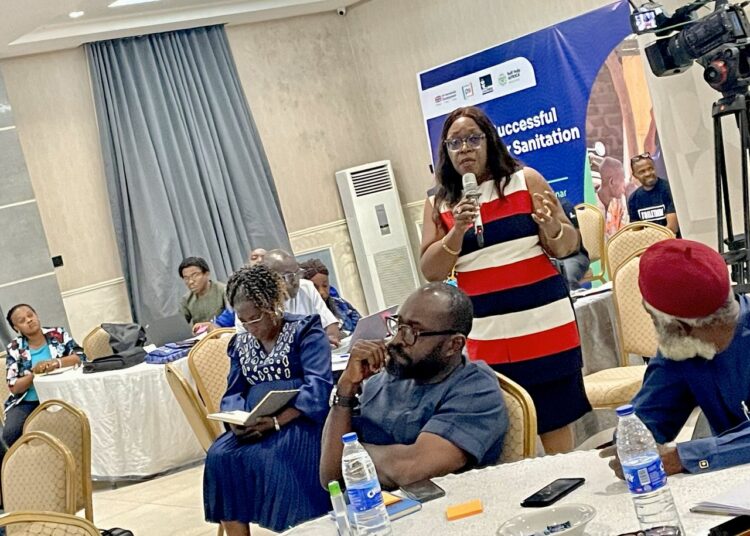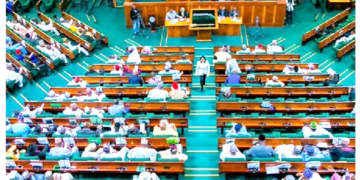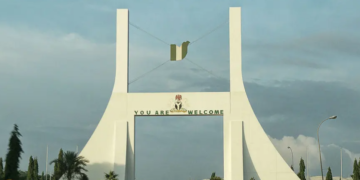In an effort to address Nigeria’s persistent sanitation crisis, Self Help Africa (SHA), in partnership with Population Services International (PSI) and ToiletPride, is championing Market-Based Sanitation (MBS) as a strategy to strengthen sanitation systems by building vibrant local toilet markets and expanding access to affordable sanitation solutions across the country.
Speaking during a 3-day seminar on Market-Based Sanitation (MBS), themed “Building Successful Markets for Sanitation in Nigeria” yesterday in Abuja, PSI’s Deputy Director of WASH Programmes, John Sauer, said that Nigeria has the potential to move millions up the sanitation ladder if the country adopts proven models from other regions.
The event, held under the WASH Systems for Health (WS4H) programme, aims to strengthen sanitation systems by supporting the growth of local sanitation markets.
Despite efforts over the years, more than 48 million Nigerians still practice open defecation, with rural areas bearing the brunt of poor sanitation. Only 8 per cent of rural populations have access to basic sanitation services, a statistic that underpins the urgency of new approaches.
“This seminar offers a timely opportunity to reflect on what we’ve done so far and bring in new insights that can help us do better,” said Head of Programmes at SHA, Shadrack Guusu.
“We’re here to strengthen partnerships and build the capacity of everyone from community-based organisations to national agencies,” he said.
Market-Based Sanitation (MBS) focuses on empowering households to access quality, affordable sanitation products by stimulating demand and supporting supply chains through local businesses. It shifts the narrative from merely building toilets to making sanitation products available and accessible, while generating income and encouraging private sector participation.
Executive Director of ToiletPride, Chukwuma Nnanna, explained that the challenge is not just about affordability, but also awareness. “People don’t always know that toilets they can afford even exist, or who can build them. That’s where ToiletPride comes in, we bridge that gap.”
Nnanna added that the seminar is about more than just training, it’s about shifting how sanitation is delivered in Nigeria. “We’re saying, here are your toilet options, here’s how much they cost, and here’s someone who can install them. That’s what will end open defecation, not just telling people to use toilets, but enabling them to access ones that meet their needs.”
Participants include state and federal government representatives, sanitation experts, development partners, and private sector actors. One of them, Nkwo Bassey, from the Cross River State Rural Water Supply and Sanitation Agency (RUWASSA), said they are learning how to sustain gains made. “Six of our local governments are open defecation-free, but sustainability is our challenge. We believe the market approach can help us create demand and supply that keeps the progress going.”
The seminar, running from April 23 to 25, is part of a broader four-year effort under the WS4H programme, funded by the UK’s Foreign, Commonwealth and Development Office (FCDO). The initiative aims to build resilient sanitation systems that can sustain themselves long after the programme ends.
We’ve got the edge. Get real-time reports, breaking scoops, and exclusive angles delivered straight to your phone. Don’t settle for stale news. Join LEADERSHIP NEWS on WhatsApp for 24/7 updates →
Join Our WhatsApp Channel










